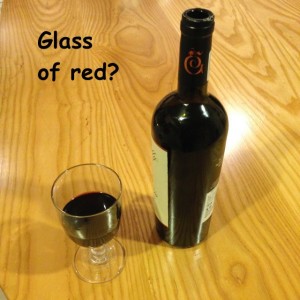Some trigger factors for acute atopic eczema flare-ups are easier to recognise than others. Those that are better known are stress, season, and allergies.
Others include air-conditioning, sleep-overs, and drinking alcohol, for example.
Alcoholic drinks like beer, spirits and wine can affect the skin in a variety of ways. Allergy or intolerance to alcohol itself is rare, compared with that to some other ingredient of a particular drink. This may reflect the source of the alcohol: grain, or grape for example. Otherwise it may be there to add flavour, or act as a preservative.
It is striking that skin reactions are more often reported to red wine than to white wine – once this is known, it is easy to avoid problems by sticking to white!
Even so, these skin reactions are also uncommon.
More often recognised is the common skin reaction to alcoholic drinks that occurs through an increase in blood supply to the skin, so-called skin “flushing”. When inflammation of active eczema is already present, it is easy to understand how any alcoholic drink may make matters worse.
Knowing this can also be helpful!
http://www.atopicskindisease.com/categories/From-the-clinic


